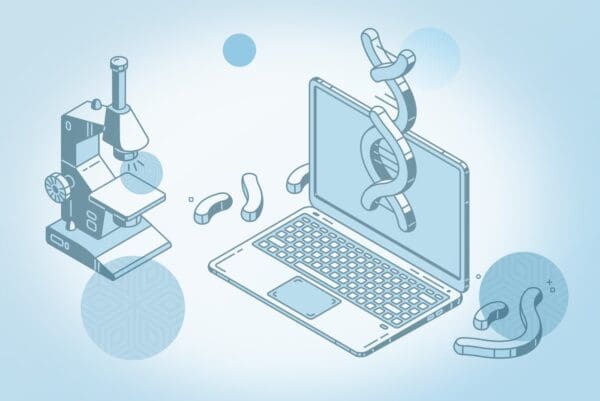The 21st Century Cures Act has now passed in both the House and Senate and will provide $6.3 billion for cancer and other deadly diseases. Some of the money will go towards the Cancer Moonshot Initiative led by Vice President Joe Biden.
“This bill will make a big difference, and I look forward to signing it as soon as it reaches my desk,” said President Barack Obama. “We are now one step closer to ending cancer as we know it, unlocking cures for diseases like Alzheimer’s, and helping people seeking treatment for opioid addiction finally get the help they need.”
The law will allow for funds to get pumped into biomedical research and speed the approval of new drugs and medical devices. Approximately $4.8 billion of the funds will be provided over the next ten years to the National Institutes of Health (NIH).
Some of the money will be funneled into the Personalized Medicine Initiative, which is a new approach to medicine that can benefit cancer patients, as well as individuals who have other types of diseases or conditions.
The act is also updating how drug and medical device research and approvals will occur. Half a billion dollars is being given to the U.S. Food & Drug Administration (FDA) to approve drug and medical device patents in a more timely manner.
This new, faster process could help more chemotherapy, immunotherapy, and other experimental cancer medications and treatments become available to patients than are available today.
The new legislation provides an update to the FDA’s authority over “genetically targeted” drugs that are developed to treat rare diseases, which could positively affect mesothelioma research and clinical drug trials. Pharmaceutical companies will be able to rely on data from previously approved applications to develop similar drugs.
This should dramatically decrease the amount of time required to approve new medications and “orphan drugs” will be allowed for use during rare disease observational studies. Even better, the legislation should make it easier for researchers to identify commonalities between different types of cancer with the improved access to electronic medical records.
“This is the most significant legislation passed by this Congress,” said Senate Majority Leader Mitch McConnell of Kentucky.
According to President of the American Society of Clinical Oncology Dr. Daniel Hayes, “This remarkable bipartisan, bicameral support for the 21st Century Cures Act proves that congressional lawmakers are serious about the need for scientific research, effective care-delivery, and the removal of barriers to scientific progress.”
The bill passed in the House on November 30 by a vote of 392 to 26 and in the Senate a week later with 94 to 5 votes. Obama is expected to sign on Tuesday. Sponsors of the act went around the U.S., holding hearings and visiting clinics and patients who shared their challenges with cancer, Alzheimer’s, and other killer diseases.
There is some disappointment to the bill’s passage. “It is sorely disappointing that Congress gave Big Pharma and the medical device industry an early Christmas present by passing the 21st Century Cures Act,” said Director of Public Citizen’s Health Research Group Dr. Michael Carome.
Dr. Carome claims, “This gift, which 1,300 lobbyists, mostly from pharmaceutical companies, help sell, comes at the expense of patient safety by undermining requirements for ensuring safe and effective medications and medical devices.”
However, American Cancer Society Top Medical Officer Dr. Brawley stated, “The Cures bill includes incredibly important reforms to get treatments to people faster.”
“My secretary of defense is Francis Collins, because the true enemy of each and every one of us isn’t somebody in South Korea or somebody in Iran or ISIS,” said Democratic Representative Steve Cohen of Tennessee. “It’s cancer, it’s Alzheimer’s, it’s AIDS, it’s diabetes, it’s heart disease. All those dreadful, awful diseases that NIH is looking for cures for.”





